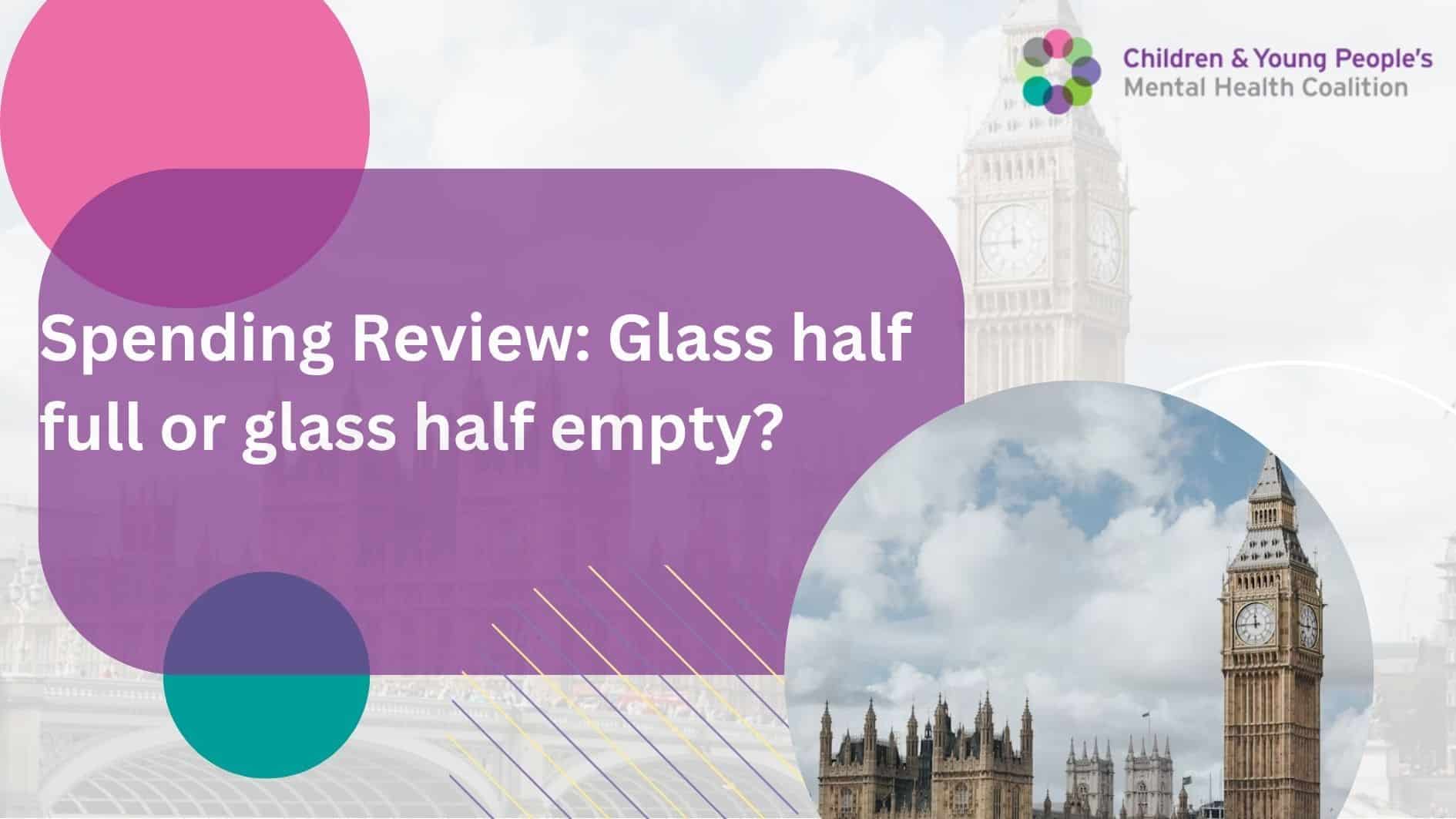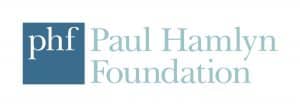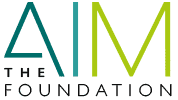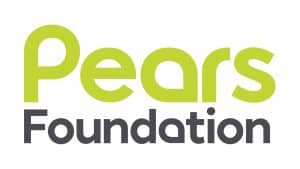On Wednesday, the Chancellor delivered the long-awaited Spending Review. This is a crucial opportunity to understand the Government’s spending priorities over the coming years. Amidst talks of a ‘tight’ Spending Review, there were some positive announcements:
- Mental Health Support Teams will be rolled out to 100% of schools and colleges by 2029-30.
- Partial measures to reduce child poverty, including the extension of Free School Meals to all children in families on Universal Credit
- Action to improve early intervention, including an extension of family hubs and reform of the children’s social care system
- A 3% increase in NHS funding.
Glass half empty?
However, mental health was seemingly missing from the announcements, with many questions about mental health spending still unanswered. For example, what percentage of the increase in NHS funding will go towards mental health? Why was there no mention of the Government’s flagship Young Futures programme? How will the Government reach its commitment to employ 8,500 more mental health workers?
The Government have been clear about their commitment to achieve parity of esteem between physical and mental health, but this is yet to come to fruition, and it feels like the Spending Review was another missed opportunity. With rising mental health need in children and young people, the question is, how much longer can we wait for change?
Or glass half full?
With this said, I have been encouraged to take a glass half full approach to this year’s Spending Review. This is because there are still missing pieces of the puzzle.
Both the ten year health plan and the youth strategy are due to be published imminently, and we hope that these two documents will clarify the Government’s plans for the children and young people’s mental health system. We are also awaiting the child poverty strategy, as well as the much anticipated reform of the special educational needs and disabilities system.
There is a lot to look forward to, but we urge the Government to use these strategies and plans as an opportunity to truly prioritise the needs of babies, children and young people.
Only time will tell whether I was right to take the glass half full approach!
Author: Charlotte Rainer





